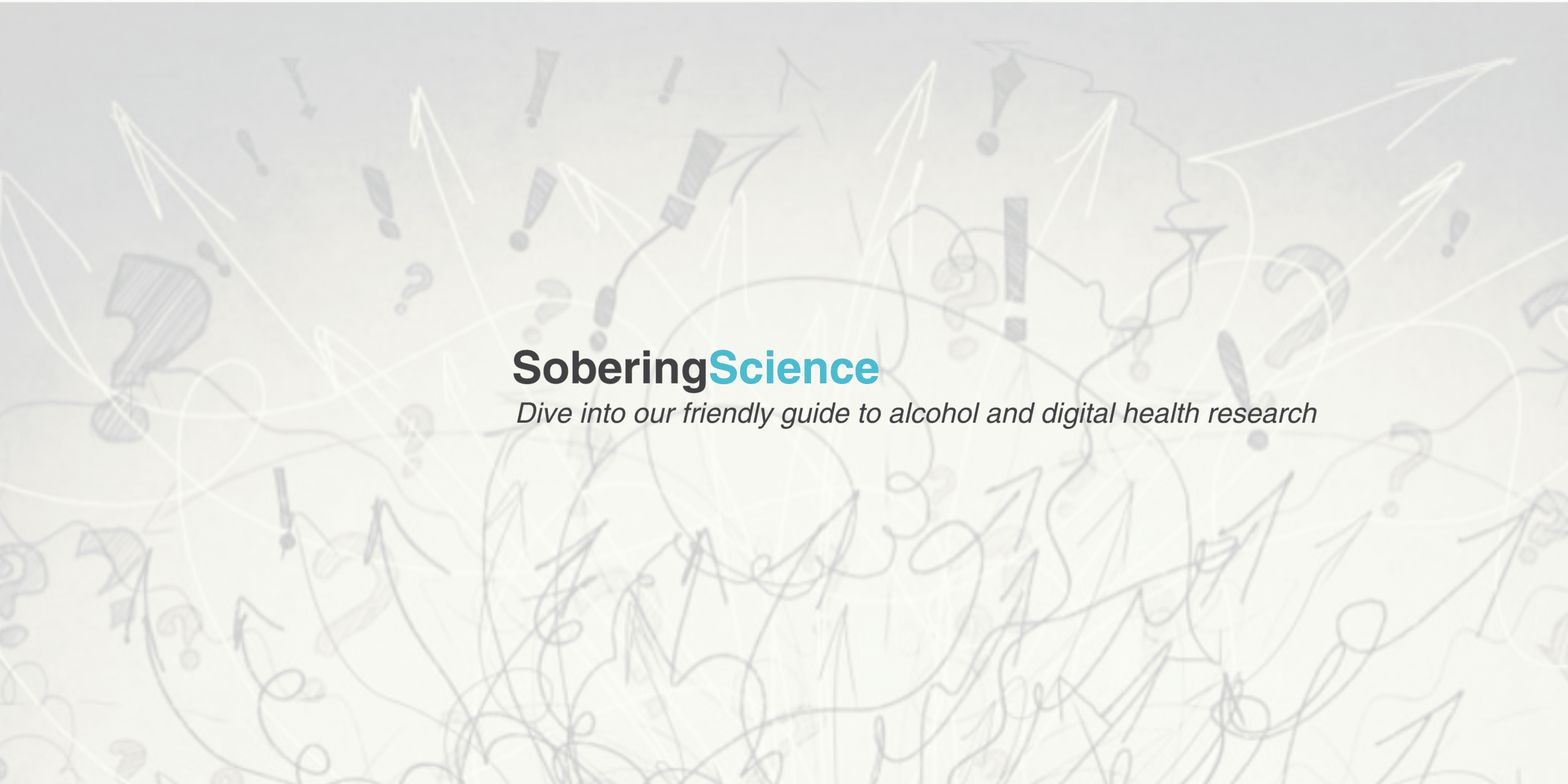
Sobering Science: Can shift work affect how people drink?
Most of us can leave work behind after business hours, but many of us work shift work, or we know someone who does. In Australia, about 1.4 million people work outside normal business hours, which is around 16% of the total workforce. Some of these people hold down multiple jobs. Their particular challenges have been under the spotlight recently.
According to a landmark study by the University of Melbourne, shift workers support a night-time economy of $174bn in Australia.
They work in healthcare, hospitality, retail, civic and community services, entertainment, freight, manufacturing, and gig economy delivery and transport services to name just a few. We can’t do without them.
We know from past studies that shift workers can face increased stress levels, poor sleep, depression, social ‘jet-lag’ and a range of health and lifestyle concerns. To explore whether shift work also affects how people drink alcohol, researchers looked at findings from multiple studies that explored this important issue.
What was the study?
The research looked at whether people who work shifts, especially night shifts, drink more alcohol than those who work regular daytime hours. The researchers reviewed 14 existing studies from countries like Australia, Japan, Sweden, and China. These studies included workers from different fields, such as nurses, factory workers, transportation, and doctors in emergency departments.
The goal was to find out:
- Do shift workers drink more alcohol than day workers?
- Do they use alcohol to help them sleep?
- Are there differences between men and women?
Most of the studies relied on surveys where workers reported their drinking habits. Some also used medical tests to check alcohol levels.
What were the results?
While local drinking cultures seemed protective, some clear patterns emerged:
- Shift workers drink differently
- Some studies found that shift workers were more likely to binge drink (having many drinks in a short time) than day workers.
- In Australia, shift workers were twice as likely to drink at risky levels in one sitting, but were less likely to drink small amounts daily. This suggests they might drink heavily on some days (possibly to help with sleep) and not at all on others.
- Using alcohol as a sleep aid
- Many shift workers, especially nurses and emergency doctors, reported using alcohol to help them sleep.
- In Japan, nurses on rotating shifts were three times more likely to use alcohol for sleep than day workers.
- Steel workers in China who did night shifts also drank more often than day workers.
- Gender and age differences
- Women over 50 years who worked shifts had a higher risk of drinking problems than younger women.
- Men on night shifts were more likely to drink heavily if they also had trouble sleeping.
Why is this important?
Shift work is common—about 15-30% of workers in Western countries do it. Since night shifts disrupt sleep and increase stress, many workers turn to alcohol to cope. This matters because:
- Health risks
- Drinking to help with sleep doesn’t work. Alcohol makes sleep worse, leading to more fatigue and mistakes at work.
- Binge drinking raises the risk of liver disease, heart problems, and accidents and injuries.
- Workplace safety
- Tired workers who drink are more likely to have accidents or make errors, especially in jobs like healthcare or transportation.
- Prevention opportunities
- Companies could help by:
- Offering sleep education programs.
- Providing better ways to manage stress (like stress-reduction/relaxation training).
- Encouraging healthier sleep routines as alternatives to drinking alcohol.
- Companies could help by:
- Accessible treatment for drinking concerns
- Make sure that alcohol specific support and treatment options are available for people who work outside of business hours.
In a nutshell
So, can shift work affect how people drink alcohol? The answer is yes, in Australia and elsewhere.
- Shift workers, especially those on night shifts, may be more likely to binge drink or use alcohol to sleep.
- Women over 50 and workers with poor sleep are at higher risk.
- If people work shifts and rely on alcohol to unwind or sleep, there are better ways to cope. Small changes, like improving sleep habits or learning stress-relief methods, can make a big difference.
The nature of shift work makes it hard for people to get alcohol specific help that’s mostly available during business hours. That’s why our Hello Change program makes such a big difference. Available free of charge, 24 hours per day via smart phone or tablet, it’s like having a psychologist in your pocket.
Our self-assessment and Drink Tracker are proven ways to help people understand their drinking patterns, and our supportive and anonymous Daybreak community will cheer them on, every step of the way.








